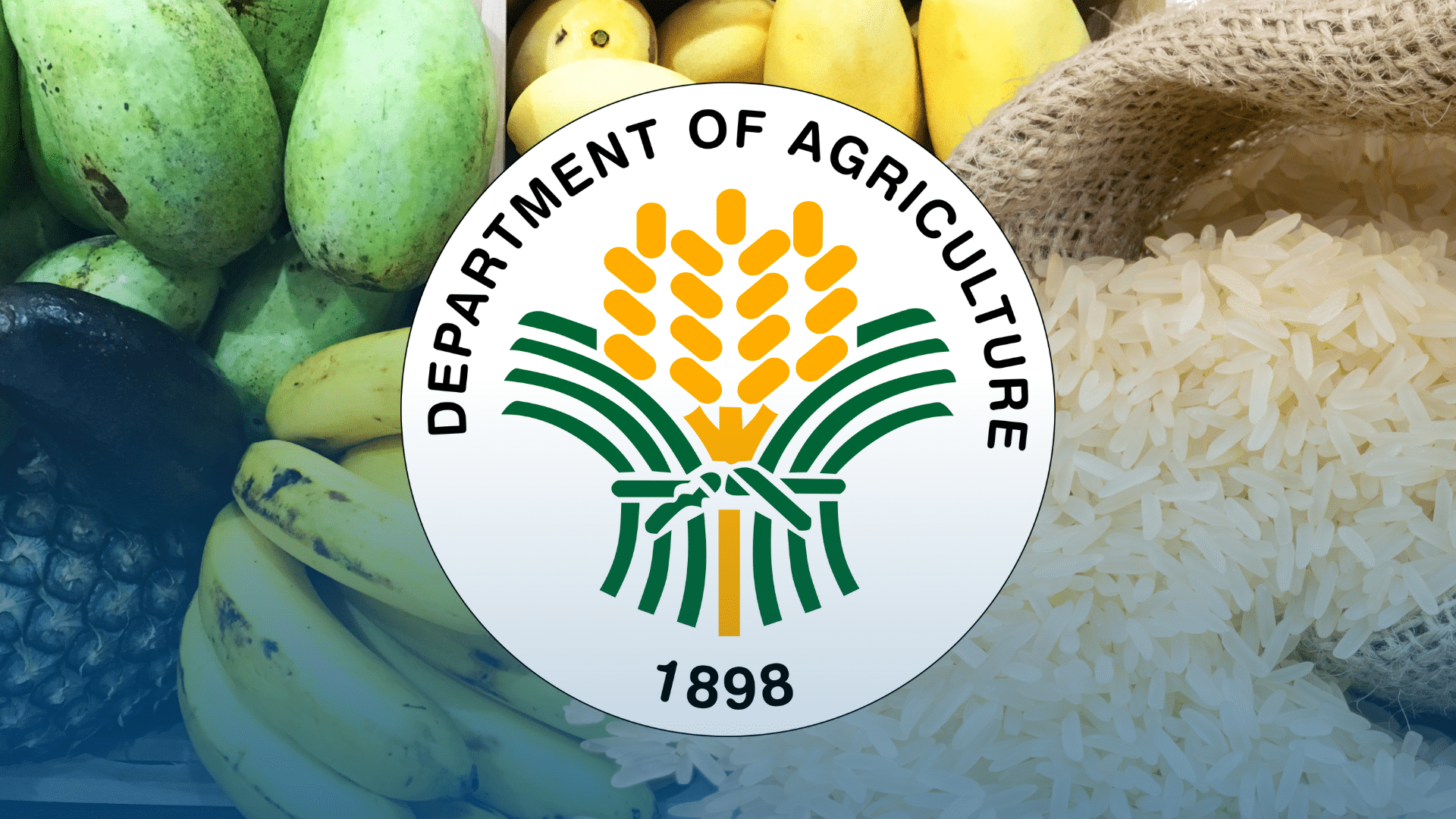
VIENNA — The OPEC+ group of oil-producing nations meet on Sunday to debate their output policy, with an extension of current production cuts likely as geopolitical and economic challenges cloud the market.
The biannual meeting of the 12-member Organization of the Petroleum Exporting Countries (OPEC) led by Saudi Arabia and its 10 partners headed by Russia was originally scheduled to take place at the cartel's headquarters in Vienna.
But last week, the conference was moved online before some members were asked to travel to the Saudi capital Riyadh. The virtual meeting is due to start at 1100 GMT.
Analysts told Agence France-Presse that the 22 OPEC+ members are likely to opt for caution in the face of geopolitical uncertainties by extending current production cuts into the third quarter of 2024 or even to the end of this year.
Since the end of 2022, the alliance has implemented supply cuts in a bid to boost falling oil prices.
OPEC+ members are currently slashing output by almost 6 million barrels per day, both via group-wide production cuts and additional voluntary curbs.
Looming discord over quotas
On Sunday, the alliance might also decide to "revise quotas for some members," said Ipek Ozkardeskaya, market analyst at Swissquote Bank.
Those members traveling to Riyadh are likely to want to push for a larger quota, an expert close to OPEC told AFP, allowing them to increase production.
Kazakhstan's Energy Minister Almasadam Satkaliev has confirmed his attendance in the Saudi capital, the country's Interfax agency reported.
Kuwait will also be represented, according to a source in the oil ministry, while Bloomberg said top officials from Iraq and Russia are also among those expected in Riyadh.
They are among the countries — along with Algeria and Oman — which participate in the voluntary supply cuts.
While revising quotas will "require further efforts from Saudi Arabia," it "should also help protect the cartel's unity," said Ozkardeskaya.
Negotiations about the production quotas of member countries have repeatedly been a source of discord in the past, triggering heated debates and even shock departures.
At the end of 2023, Angola exited OPEC over a disagreement on a decision to cut production backed by heavyweight Riyadh.
'Challenging environment'
Mukesh Sahdev of Rystad Energy said he expects "intense negotiations on key numbers related to production, reference levels, capacity and targets" at Sunday's meeting.
The alliance faces the issue of "actual barrels flowing to the market likely being higher than what is accounted for," he said, adding that this could potentially derail the cartel's strategy.
Moreover, Iraq and Kazakhstan exceeded their quotas in the first quarter, while Russia overproduced in April.
Oil prices have changed little since the last meeting in November, hovering around $80 a barrel.
Amid questions surrounding global demand, some analysts believe that gradually allowing more oil to hit markets might be ahead in 2025.
OPEC continues to stick to its demand forecasts for 2024, while the International Energy Agency is less optimistic and has revised its estimates downwards.
Amid "above-average inflation, slowing global growth outlook, central bank uncertainties, rising US oil production and Middle East tensions, the environment is challenging," said Ozkardeskaya.
Read The Rest at :


